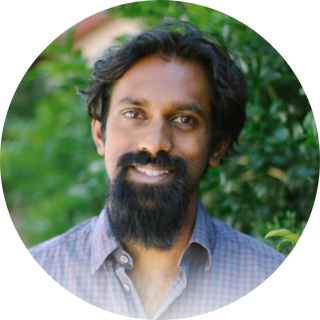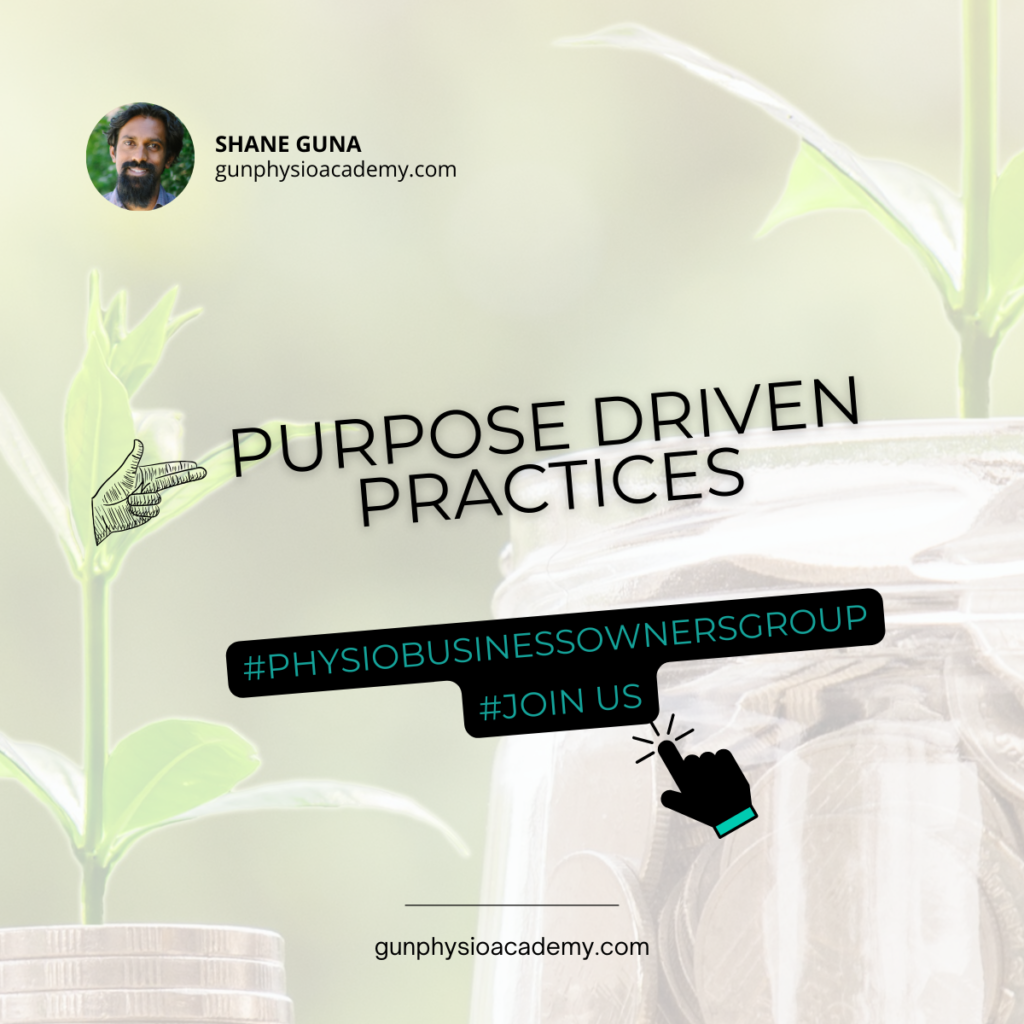I realised a few weeks ago that I still carry a scarcity mindset.
In spite of many years in business with a pro-risk business partner.
In spite of a season of proper financial independence.
And in spite of a lifestyle that is anything but conventional nowadays.
Yet I still have this chip on my shoulder…
My parents arrived in Australia 40 years ago.
They arrived with a suitcase and a one year old child (my older brother).
And all they had was $1000 in cash to start their new life.
From humble beginnings the apple never strays far from the financial tree.
My failed career
My original career goal was to play cricket for Australia.
I was very much on track for this when I was about 9 years old.
Or I thought I was.
In fact I made my highest score in cricket just after turning 10.
If you had told me at 10 years old that this score would remain my best 26 years later…
Well… I’d probably still be crying now.
But it is what it is.
This was an impossible dream but unfortunately I also gave up on it at far too young an age.
I wish I had tried harder to be the best player I could be.
Rather than being content to NOT be the greatest of all time.
Unfortunately, I realised when I was about 30 the reason I was so good at cricket when I was nine.
I trained relentlessly.
I worked harder than any other 9 year old.
Literally every day after school I’d be hitting a cricket ball hanging from a stocking under a tree.
Much to my neighbours’ dismay.
It’s an unbelievably annoying sound.
I used to be able to knock in a cricket bat within about a week.
This task itself takes about 12 hours of consistent hitting of ball on bat.
So what went wrong?
I went and played representative cricket at age 11.
And discovered a shocking truth.
That not only was I not the best player in that team, there was an entire competition full of better players.
Earth-shattering to say the least.
The truly sad part is that I lost my drive around this age.
It also wasn’t particularly cool to be a cricket nuffie.
I often think if Steve Smith had been around when I was younger, I probably wouldn’t have felt so weird about it.
That guy takes the cake for weirdness.
The scarcity tree
We moved away from that house around the age I lost faith in my cricketing ability.
I had only started high school, but my scarcity mindset was already embedded.
And with that change went my most successful habit.
Replaced by computer games which were far more captivating.
I’d still go to the nets with friends, but my solo practice was never again at that level.
Fast forward another decade and I’d entered the workforce.
Now an adult, I still battled with this scarcity mindset, particularly financially.
All money had to be spent in productive ways.
I always thought when I had my own money that I’d use it to buy the best gear in the shop.
But I never did.
The frugal mindset that my parents had implanted meant I was very much a saver at heart.
Or a value purchaser.
Wait until something goes on sale and then purchase it.
It’s wise…
The best bat in the shop
An even wiser strategy is to work harder, save more and spend it on what you want in life.
Not always easily done as a proper adult.
But as a pseudo adult living with my parents it would have sufficed.
Yet still, I never bought that top end cricket bat.
Part of the problem holding me back was my inability to make runs.
I had a theory, that your bat should cost about as much as the amount of runs you make in a season.
Good batsman who produce results can justify paying $500-600 for a bat.
If you’re a number 11, you might as well pull a branch off a tree.
And this was very much reinforced by my peers.
People make fun of those who have all the gear, but no idea.
So I bought the only bat I ever used in senior cricket, at the sale lots in Moorabbin.
I downplay my ability here.
I still played first XI cricket at 16 and was opening the batting at 17.
But much like abandoning my solo practice habit, I never fully invested in my cricket financially.
Or professionally – I couldn’t resist a party on a Friday night – this was social sport at the end of the day.
Looking back, I wonder what would have happened if I had just pulled the trigger.
Bought the best bat in the shop.
Trained like the best batsman in the competition.
And dealt with the failures as anomalies.
Rather than let them reinforce a negative belief in myself.
Cricket is a brutal sport.
It takes one ball and your day is over.
As an opening bat, that ball would often turn up early on.
That’s why no one ever wanted to do it.
But I loved it.
The adrenaline.
The fast bowlers.
And the send off’s.
Nothing creates grit quite like it.
You learn to deal with failure.
Somewhere around the age of 12 the process of dealing with failure goes from tears to tantrums.
This is a side note into the emotional wellbeing of men… Yes, If you’re wondering, it’s Brené Brown.
Men are taught from a very young age not to cry.
And it’s not so much a failure, as it is the shame of being outshone.
So we throw our kits around.
I can throw a pretty good tantrum too.
After getting out in the under 17’s semi final I broke my bat in half… and put it in the bin on the way off the field.
There’s a fine line between passion and psychopathy.
I went on to top score in the grand final though, with someone else’s kit (somehow we won that semi and took out the premiership too!).
The coin toss
There are two sides to every coin.
And sad as this cricket story is, it runs concurrently against my undergrad / new grad years in physio.
As we know, that story worked out pretty well (to-date)
But one of the sacrifices I had to make was to drop my sporting commitments.
I don’t actually believe this to be true, it’s scarcity mindset once again.
But I was pretty bloody cooked at the end of a week mixed with night shifts at Woolworths and 8am lectures.
The physio degree is about 100 times harder than the actual practice.
University was the hardest time in my life from a work-life balance perspective.
Juggling multiple jobs, full time study and a full time social life.
This meant doubling down on studying around October/November, so my season would never start well.
And then being mentally exhausted through to Christmas.
Moving as far away as possible from hard work through January.
And before you know it, another summer has passed.
Scarcity habits die hard
Identifying bad habits is the key to eradicating them.
In this case it’s an erroneous thought process.
And, like the ego itself, it has to be killed off in order to be reborn.

Much like the transition to becoming an owner, rather than remaining a therapist.
Or becoming an entrepreneur, as oppose to an owner.
There’s a subtle difference in mindset.
But it affects every decision you make ever so slightly.
One percent at a time, you become what your thoughts allow you to be.
Almost all of my success in business came when I pinned the proverbial ears back.
I put all of my money into one venture and dared myself to make it work.
Sometimes big decisions are better made quickly.
Sometimes we need do-or-die moments to find out who we really are.
My do-or-die moment came in March 2020.
With all of my finances invested in a clinic that had just lost half it’s revenue overnight.
And a team of new grads.
But we saw it through and came out the other side.
Partly because of my scarcity mindset mind you – it’s helpful in a crisis lol.
But mostly it was because of an abundant forest – full of potential patients, staff and opportunities.
PS. Some points from today worth reflecting on…
- What are you doing now that is making you uncomfortable?
- Are you working from a position of abundance? Or are you hunkering down within a scarcity mindset?
Which brings me to physio business coaching.
FACT: Profitable clinic owners are almost twice as likely to engage in business coaching.
That says it all, doesn’t it?
It isn’t cheap.
It requires commitment.
But like that cricket bat I never purchased…
If you’re not willing to put your money on the table first and foremost.
You can’t expect to be hitting hundreds on Saturday.

.





